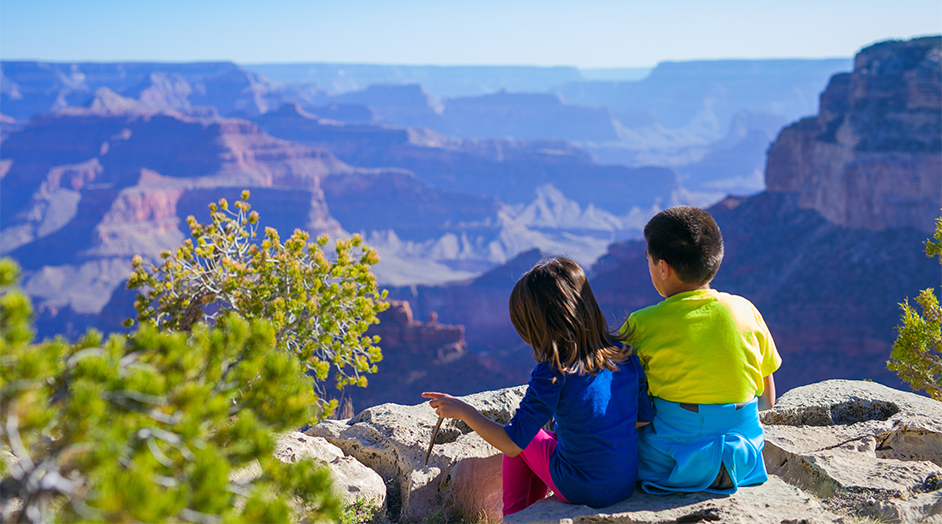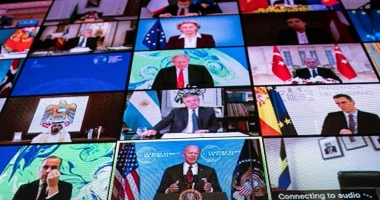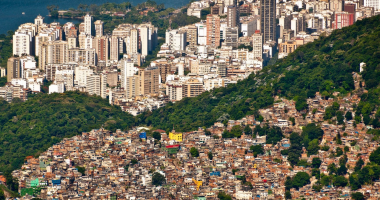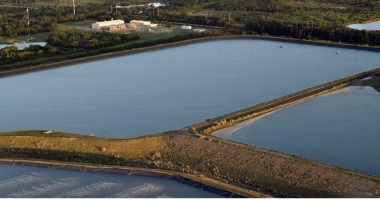Climate, Health and Equity Brief
Ed Maibach & Communicating Climate Change
June 26, 2019
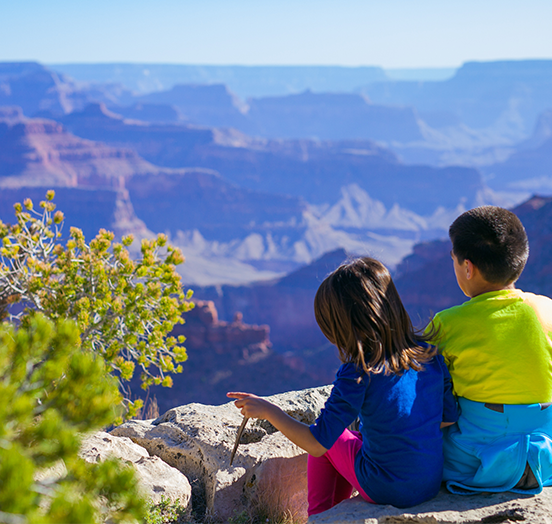
Conversations with those taking action at the intersection of climate change and public health.
As part of our weekly Climate, Health and Equity Brief, we’re pleased to launch a periodic interview series with leaders working at the intersection of climate change, health and equity to discuss their work and insights into the future. This month, we spoke with Ed Maibach, director of the Center for Climate Change Communication at George Mason University.
Want to receive GMMB’s Climate, Health and Equity Report every week in your inbox? Subscribe now.
How are you working on the intersection of climate change, health and equity?
My work focuses on enhancing public and policymaker understanding of the profound relevance of climate change—and climate solutions—to human health. This involves conducting audience research (to determine what people already know), developing and testing educational information, and encouraging and enabling trusted members of the health community to communicate the information.
What moved you to work on climate change?
Although I’m also a communications scientist, first and foremost I’m a public health professional. After participating in an intensive short course on climate change about a decade ago, I came to understand climate change as the most important threat facing human civilization. Regrettably, the situation has become much worse over the past decade, such that climate change is now a true public health emergency.
What is your greatest hope when it comes to climate change?
That the world’s health professionals will come together in a global climate/health advocacy campaign and successfully convince their nation’s leaders to double their commitments to the Paris Climate Agreement—because limiting global warming to less than 2 degrees Celsius is the world’s most important public health goal.
Your biggest fear?
That the combined forces of special interests, disinformation and apathy will continue to successfully block the leadership necessary for human civilization—and the ecosystems on which we depend—to continue to prosper.
What is one thing you would encourage others to do to make an impact on climate change?
Demand real climate leadership from our elected and appointed government officials, candidates for public office, business leaders and civic leaders. If they won’t lead, support others who will. Our children’s and grandchildren’s future—and their children’s and grandchildren’s future—depends on it.


